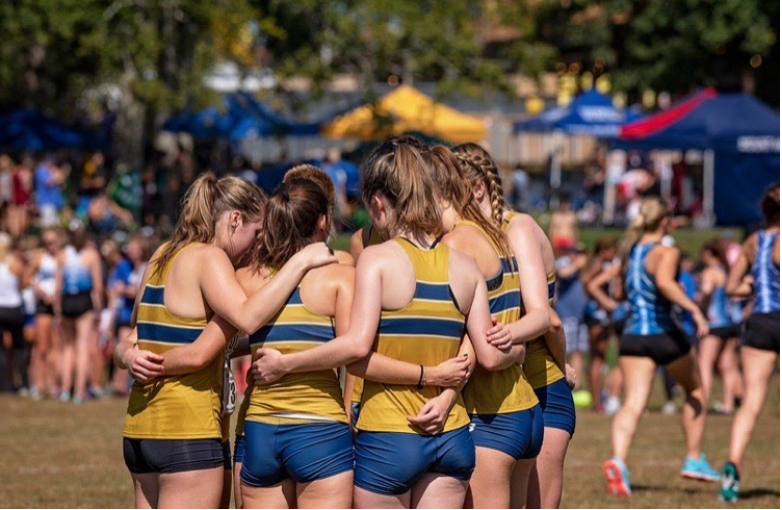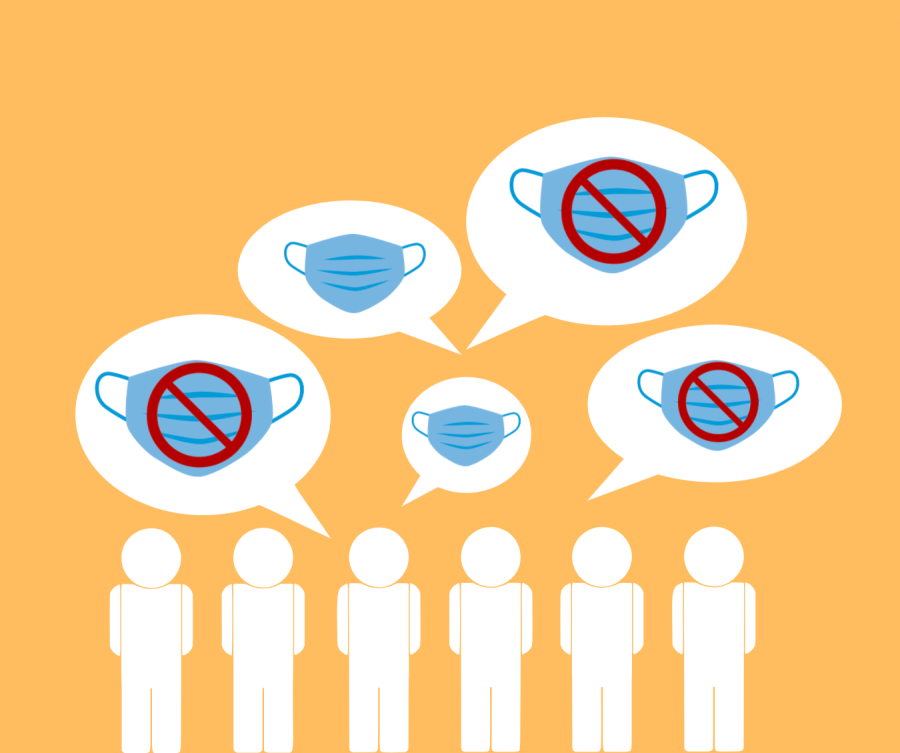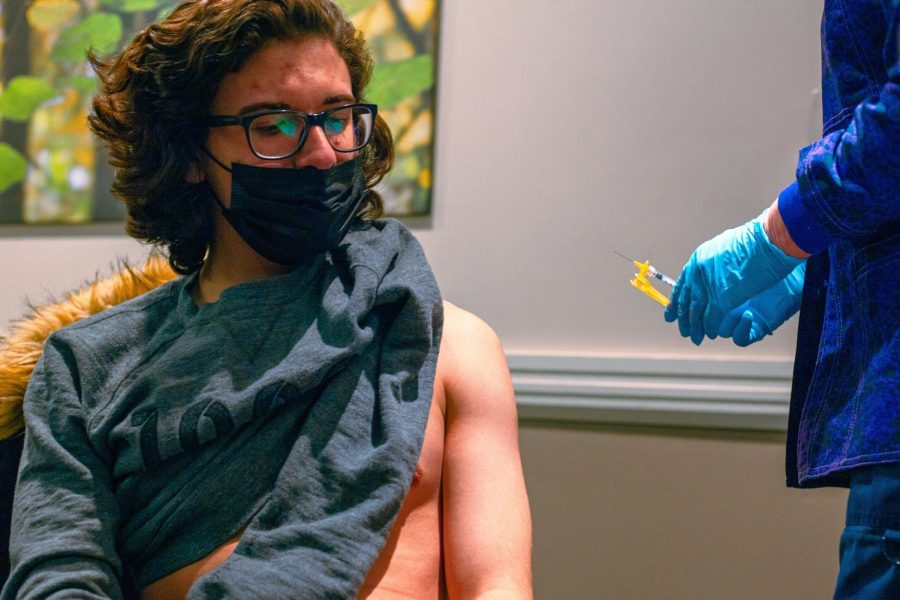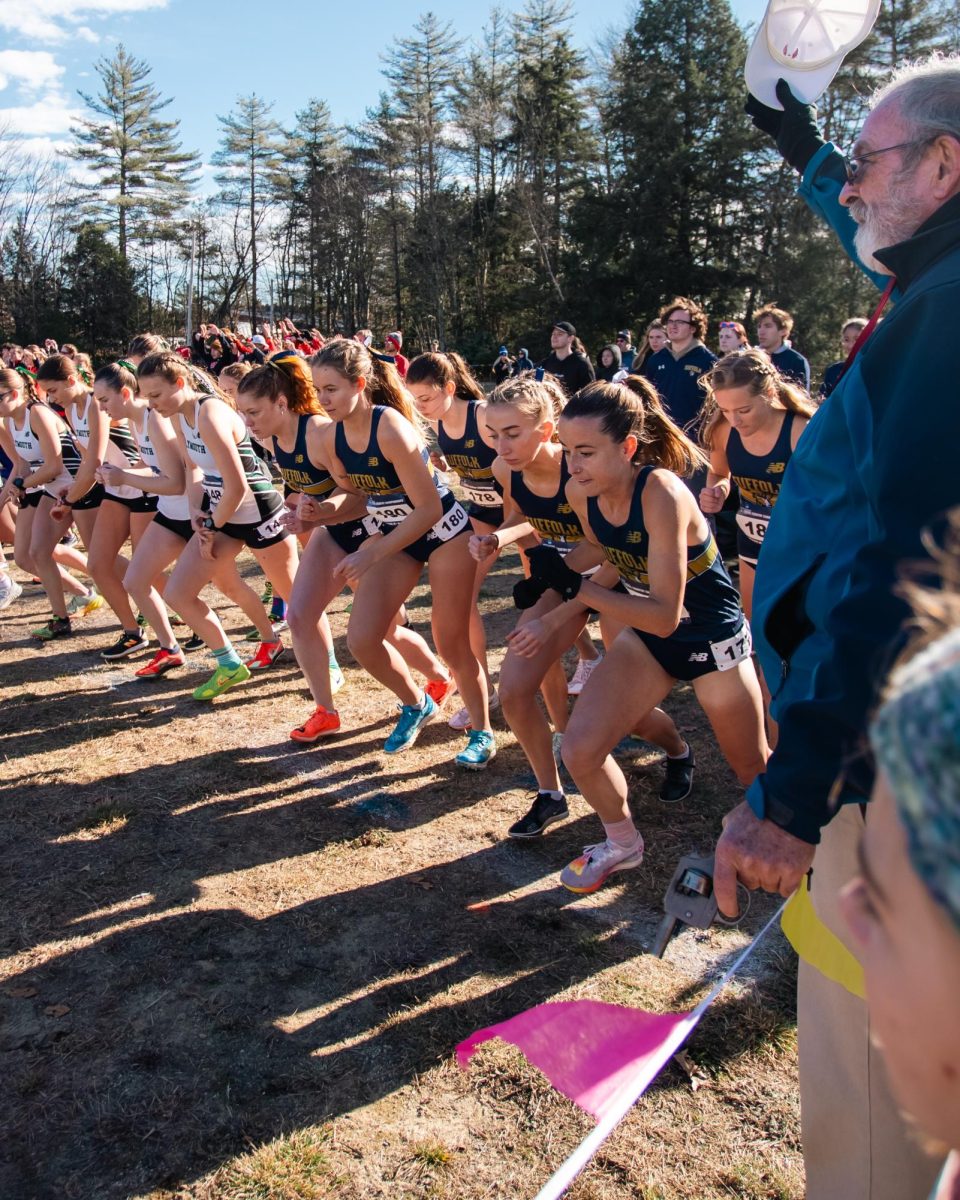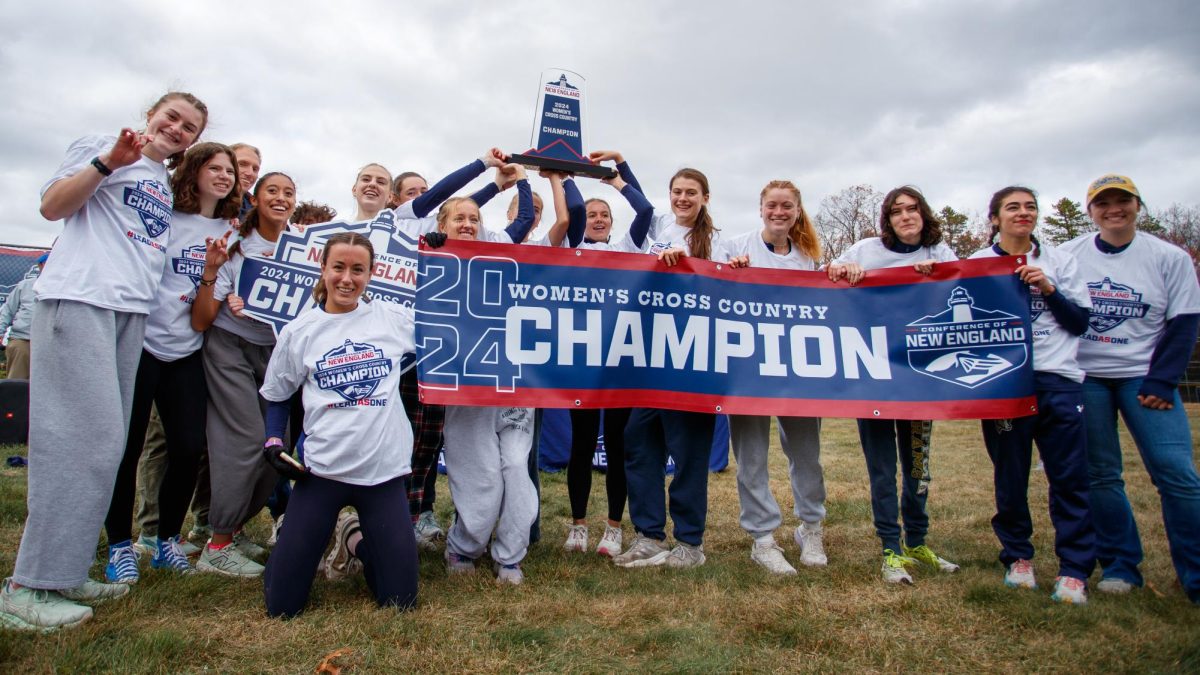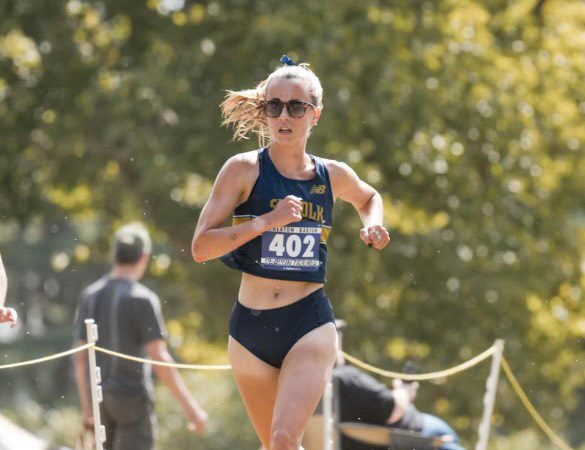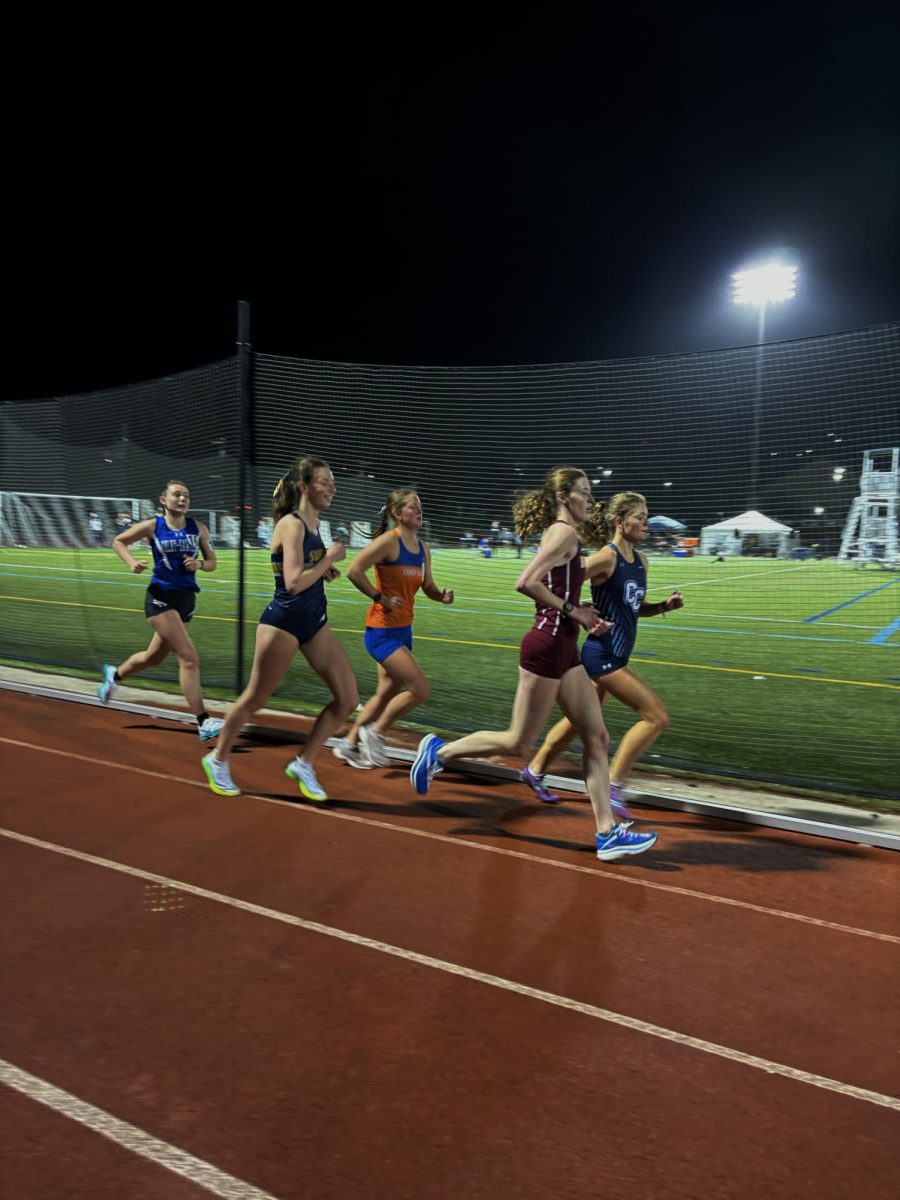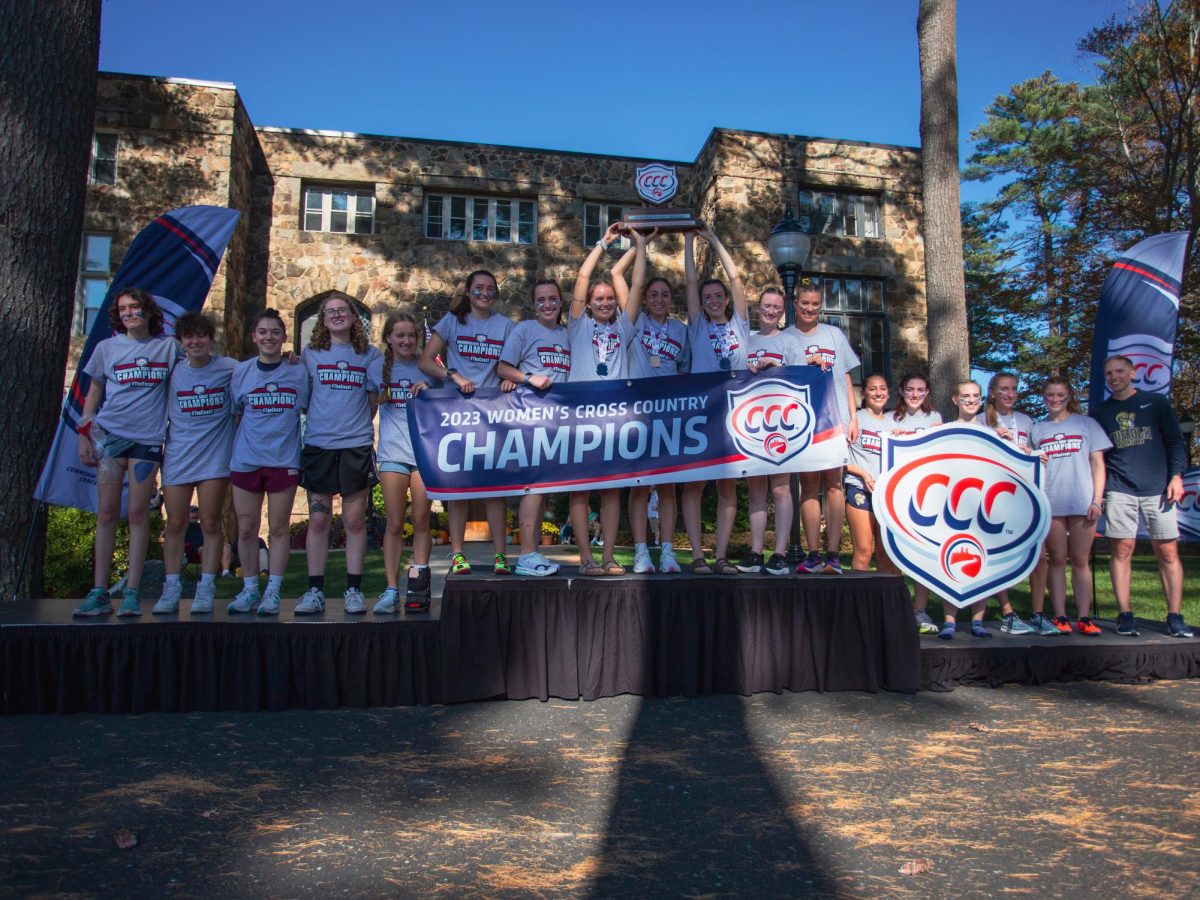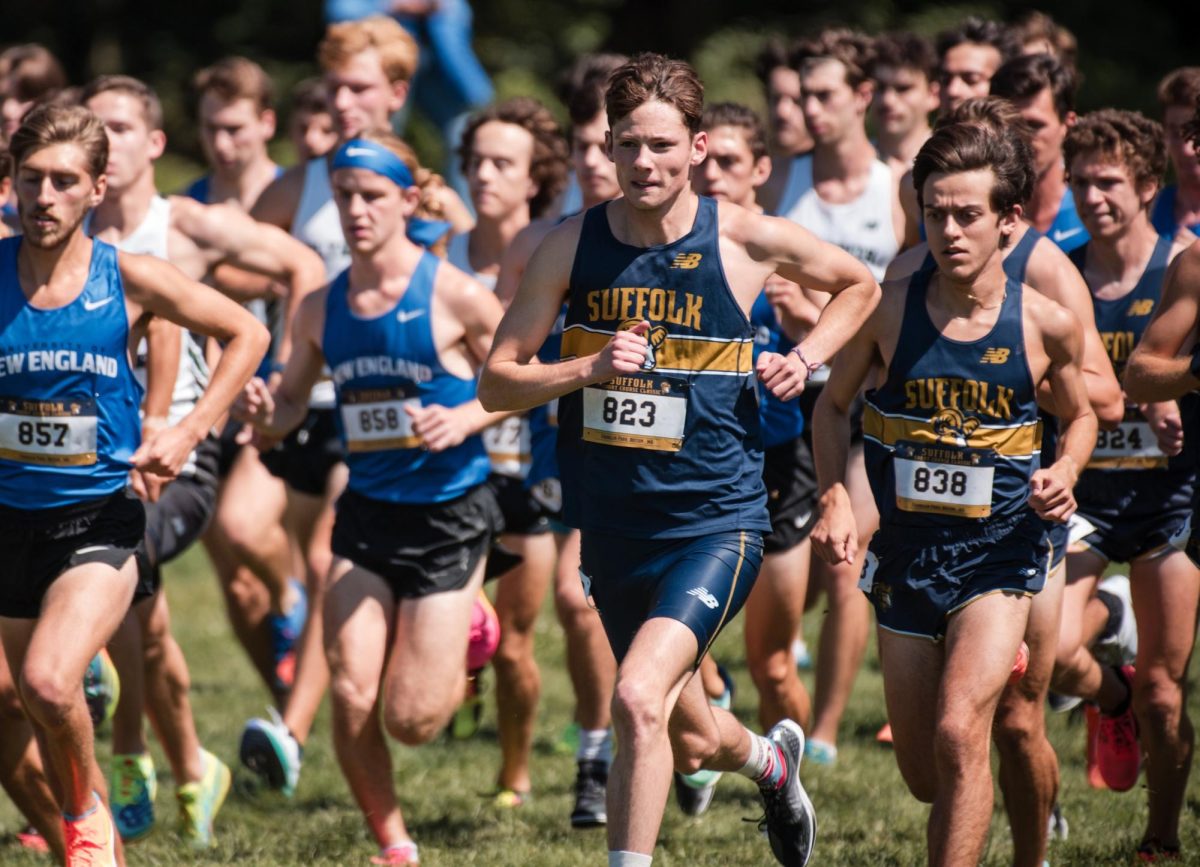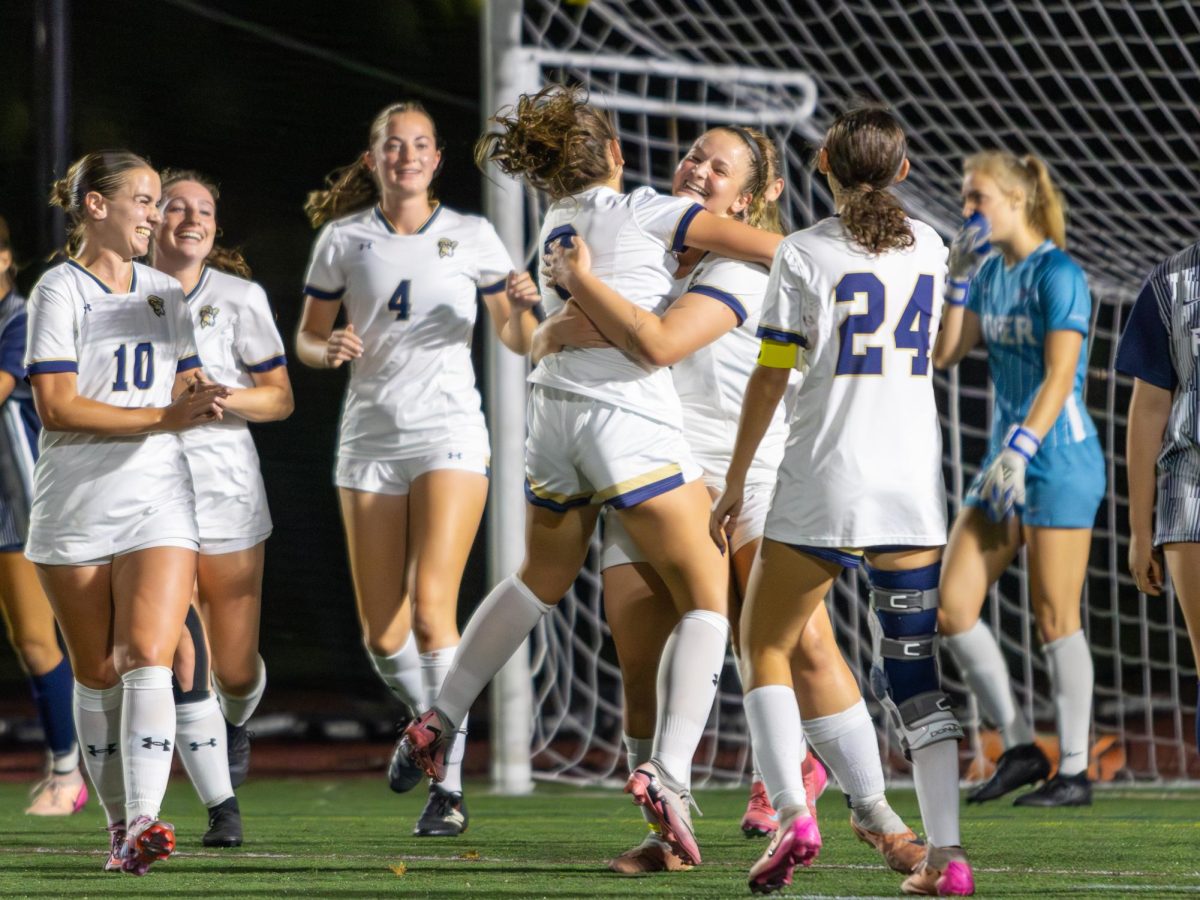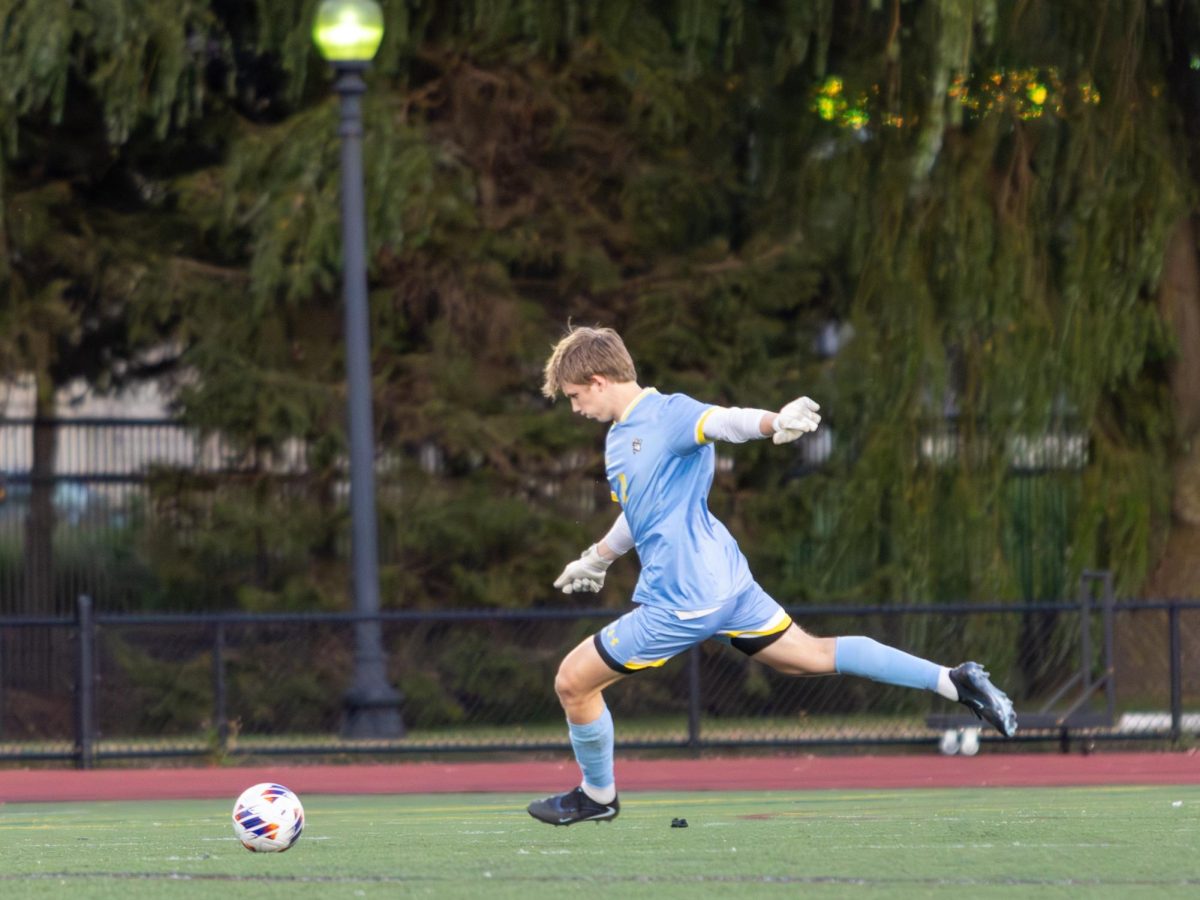With Boston being a hot zone for the COVID-19 pandemic, Suffolk’s student athletes are still wondering if they will be back on their respective fields and courts this fall for competition. In the meantime, Suffolk Athletics have been able to commence with practices taking place through these first couple months of school.
Let’s dive into how our teams are adjusting to the ever-changing environment around athletics due to the pandemic.
Following successful cross country seasons from the men’s and women’s sides alike last year, a fall without “XC” competition was a hard pill to swallow. Both first-year athletes and returnees on all Suffolk’s teams faced the possibility of no competition, but that does not mean their sports have to completely come to a halt.
Once given the go-ahead to implement practice schedules for most teams, Suffolk’s Athletic Director Cary McConnell facilitated the transition back to practicing. McConnell issued masks for all teams to wear along with other guidelines that they must follow while training, such as sanitation, occupancy limits and frequent COVID-19 tests.
No matter the sport, Suffolk has strict protocols to help protect the health of both student athletes and coaches. Despite this, freshman volleyball player Jasmine James was wary about coming on campus amidst this global pandemic.
“[I] was nervous about how other students would behave at Suffolk because most young people don’t believe the virus will affect them,” James said.
Suffolk officials have said they will be keeping an eye on student activity, as student-athletes are tested twice a week. There has been a great deal of precaution surrounding the still-looming virus. James explained the rules in place for her team.
“Sanitation will take place after gym and weight room use [and masks] must be worn at all times,” she said.
Volleyball is one of the harder sports to play during this pandemic for several reasons, one being the lack of ventilation, as the team practices in the Suffolk gymnasium, which is in the basement of the Ridgeway building. Players also constantly share surfaces during practice as everyone must touch the volleyball, possibly leading to more germs being spread. It also may be difficult to socially distance when in a compact gym.
There are other sports that are finding an easier time around these safety protocols, such as the Suffolk cross country team, headed by coach William Feldman.
Captain Liv Chilcott said her team has been frustrated by how the pandemic has altered their season and also tremendously curtailing their practice schedule.
“Motivation is lacking for everyone with no races on the schedule, especially in distance running and track and field which is a daily commitment,” Chilcott said.
Even an outdoor sport like cross country has its challenges. Chilcott cited the lack of assistant coaches and having to stagger the amount of runners in workouts, but nonetheless practices are still happening.
The possibility of spring seasons for both the volleyball and cross country teams has not been eliminated, so both teams continue to work hard to become the best athletes they can be. But time – and the state of COVID-19 – will tell what the spring will hold for Suffolk’s athletes.
Follow Jacob on Twitter @DubinJacob


